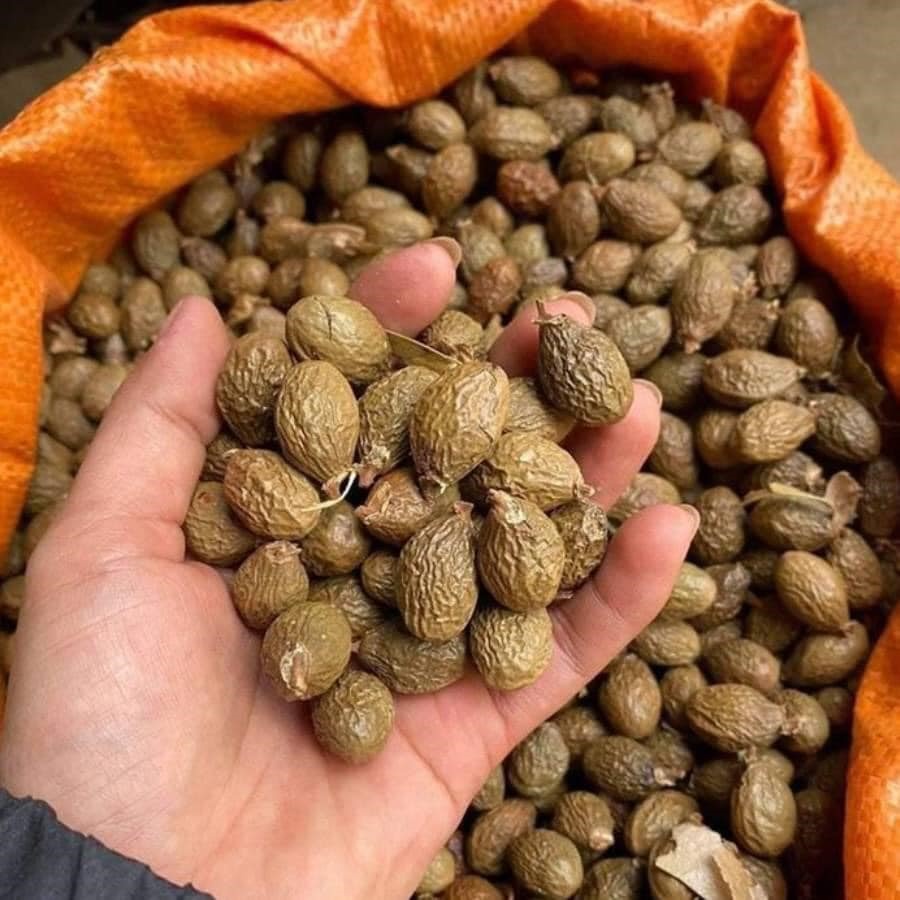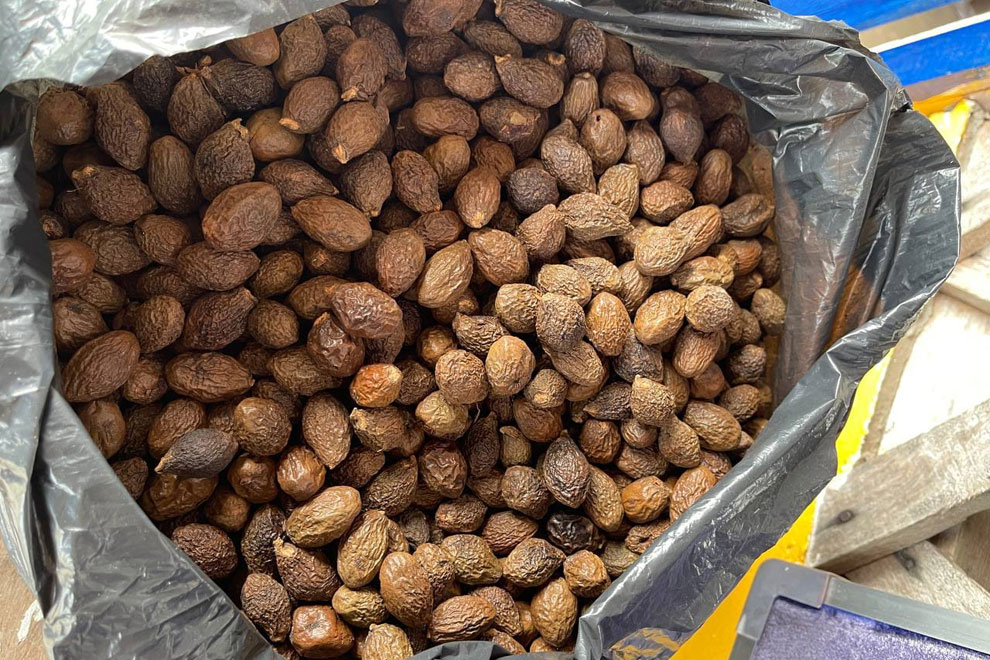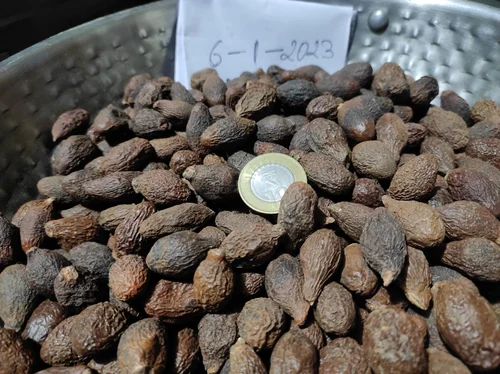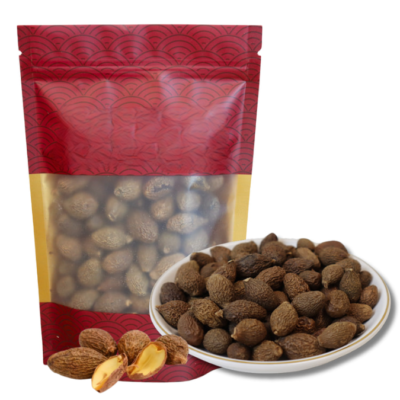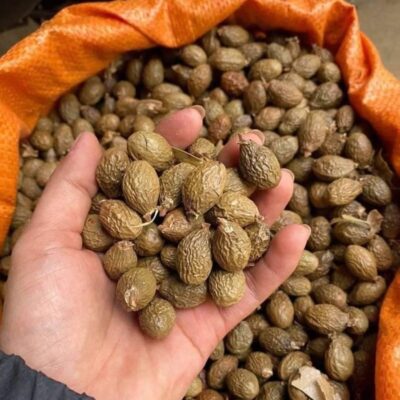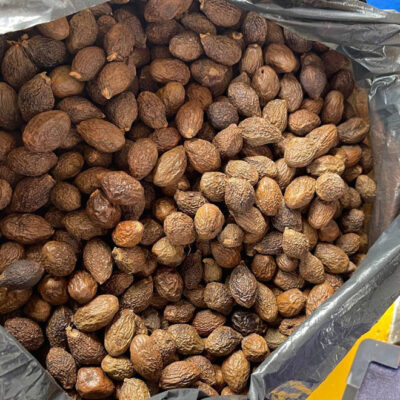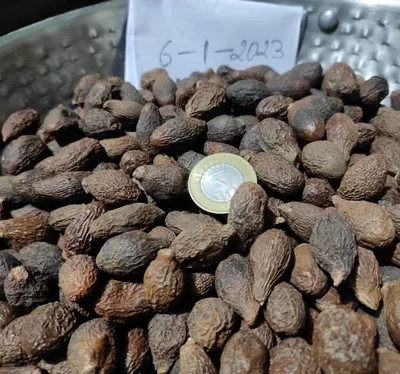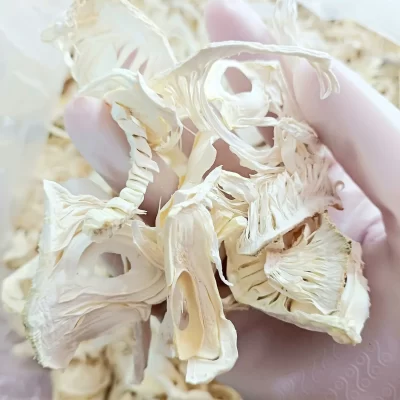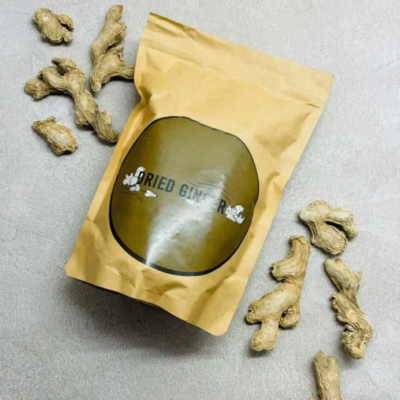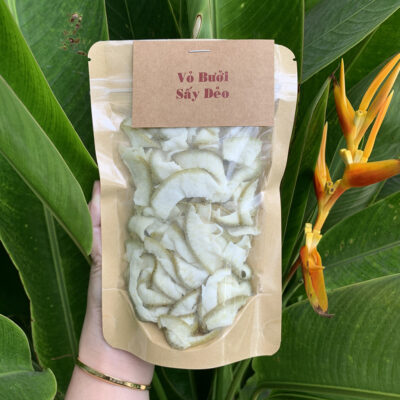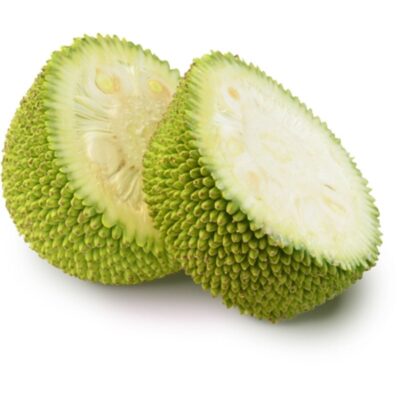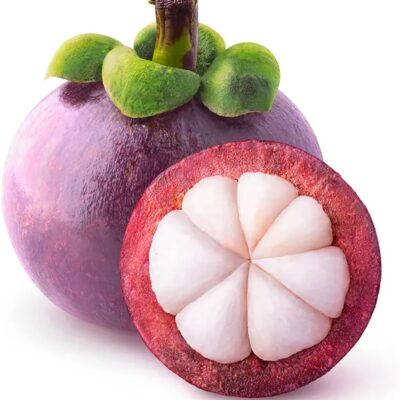Price: Contact
SPECIFICATION
• Shape: Oval or elongated
• Length: 2.5 – 3.5 cm
• Width: 1.2 – 2.5 cm
• Taste: Light sweet
• Colour: Pale brown
• Kernel ingredients: 2.98% fat, starch, sterculin, bassorin
• Skin ingredients: 1% fat, 59% bassorin, mucilage & tannin
• Uses: Treatment of heat illnesses, fever, cough, sore throat, toothache, pinkeye, bloody stools, blood hot acne.
• Storage: Store in a cool, dry, ventilated area.
PACKING
- In jute bag, 25 or 50kg/bag
- OR AS CUSTOMER’S REQUEST


